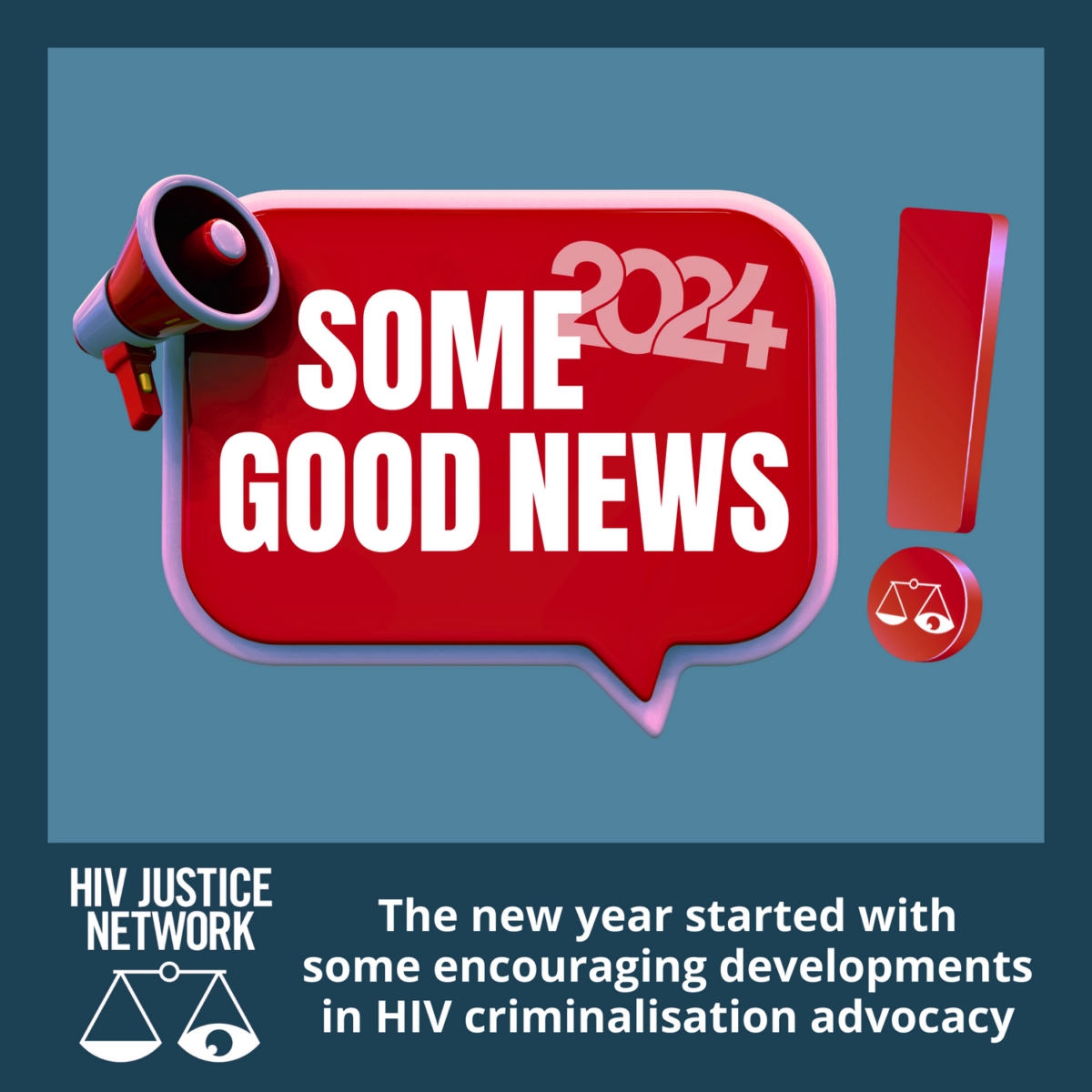
This year has begun with some really encouraging news: years of HIV criminalisation advocacy are really paying off.
First, we heard that the Congress of Mexico City completely repealed the crime of “danger of contagion” from the Penal Code. The repeal was approved with an overwhelming majority of 42 votes in favour and only two against. As per the decision, Articles 76 and 130 have been modified to eliminate the criminalisation of people with sexually transmitted infections (STIs), including HIV. This is a direct result of community activism led by the Mexican Network Against HIV Criminalisation. Congresswoman Ana Francis López noted that, with the adoption of this decision, Congress is fulfilling the demands of communities living with HIV that asked not to be discriminated against or punished. Mexico City joins the states of Aguascalientes, Jalisco, Nayarit, San Luis Potosí and Tabasco, where their Penal Codes do not provide for a specific crime for exposure to HIV or STIs.
Then we heard that progress is being made towards HIV decriminalisation in Tajikistan. The recent Plenum of the Supreme Court marked the first step in this important process. One of the most significant changes was the recognition of the fact of placing people at risk of HIV was an unproven basis for criminal prosecution. With almost 200 known HIV criminalisation cases, this process now needs to speed up. Marginalised groups bear the brunt of the implementation of the HIV criminalisation law in Tajikistan; starting in 2014, authorities have regularly targeted sex workers and LGBT people, often under the guise of disease prevention. We remain hopeful that further progress will be made in the near future to ensure that people living with HIV are not unjustly criminalised in Tajikistan.
We also heard welcome news that another country with far too many unjust prosecutions, Singapore, is also moving towards law reform. The Singapore Ministry of Health is currently conducting a review of the law concerning HIV disclosure. This review will hopefully result in changes to current draconian practices and policies that has seen the law used to convict people – usually gay men – where condoms had been used and where the person living with HIV had an undetectable viral load.
And finally, with the support of our HIV JUSTICE WORLDWIDE Francophone Network, led by the HIV Legal Network, civil society groups are urging authorities in Burkina Faso to reconsider the HIV criminalisation provisions contained within its HIV law, Law 030. The call for action reflects a broader effort to improve the health and wellbeing of people living with HIV/AIDS in Burkina Faso and across the continent.
These are but a few examples of the hard work and dedication of so many of us. The global movement to end HIV criminalisation is making significant progress. Let’s keep up the momentum.
Together, we can make HIV JUSTICE WORLDWIDE a reality.